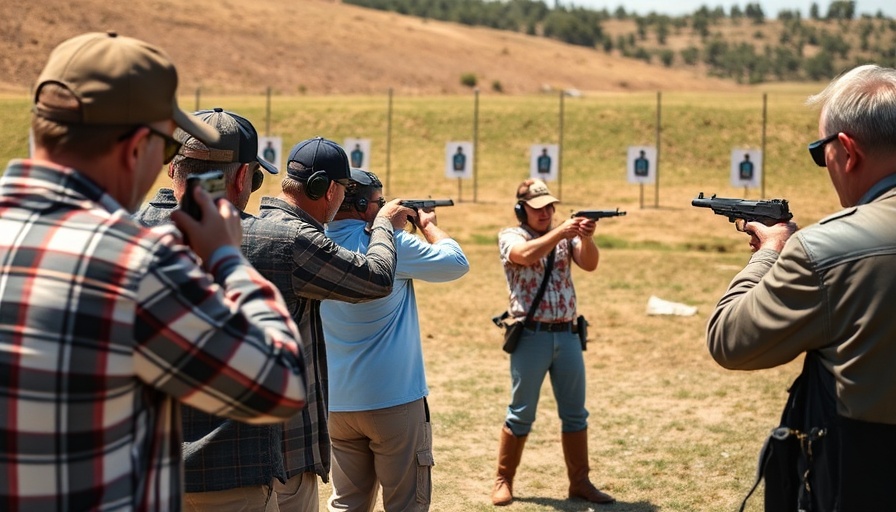
Will the ATF Sustain Its New Direction?
The Bureau of Alcohol, Tobacco, Firearms, and Explosives (ATF) has recently introduced a proposal to modernize their approach towards gun regulations, a direction that has sparked both hope and skepticism among stakeholders. For years, the ATF has been fiercely scrutinized by gun rights advocates, who argue that many of its existing regulations are overreaching or poorly implemented. In a surprising turn, this recent proposal appears to take a step towards understanding the needs of the gun-owning community, suggesting a potential shift in how the agency prioritizes its enforcement actions.
A New Era of Regulation?
This moment comes after years of tension between the ATF and gun advocates, prompting questions about whether this proposal will lead to sustainable, long-term changes. Advocates are particularly interested to see if this signals the agency's willingness to engage with gun owners constructively. Historical context underscores a pattern of regulation often perceived as punitive rather than protective. Acknowledging these past grievances might be an essential step toward re-establishing trust.
The Landscape of Gun Advocacy
For many gun owners, the ATF’s previous missteps have not only shaped perceptions but have also driven stronger advocacy efforts. The National Rifle Association (NRA) and other organizations have long fought against what they deem excessive bureaucratic overreach. They argue that enforcement should emphasize safety without infringing on the Second Amendment. This evolving dialogue between the agency and advocates may provide an avenue for improvement—if both sides can commit to meaningful discussions.
Looking Ahead: What Does the Future Hold?
As we analyze the implications of this proposal, we must also consider what it signifies for future regulations. Will it foster an atmosphere where innovation in firearm manufacturing and ownership thrives, or will historical precedents dictate a return to contentious policies? The success of this initiative may hinge on the ATF's continued engagement with gun owners and their representatives, marking a pivotal choice for the agency as it decides what role it wants to play in the broader conversation about firearms in America.
Conclusion: A Call for Continued Dialogue
As we reflect on the evolving relationship between the ATF and gun advocates, it is crucial to recognize that continued progress demands ongoing dialogue. If stakeholders can work together to refine and rethink regulations, a more harmonious relationship can emerge. This discussion is essential for ensuring a balanced approach that respects both safety and individual rights.
 Add Row
Add Row  Add
Add 




Write A Comment